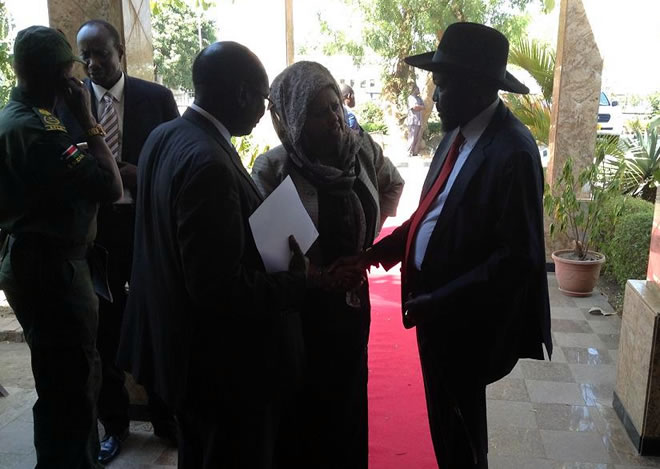Mayor says stretch of 5th Street linking the East African area to downtown Minneapolis will be named after Hussein Samatar.
A stretch of 5th Street South that sweeps travelers from Interstate 94 into Minneapolis will be redesigned into a walkway that connects downtown with the heavily East African West Bank, Mayor R.T. Rybak said Monday in the last announcement of his 12-year tenure.
The city will name the area after Hussein Samatar, a former school board member who was the first Somali-American to win election in Minneapolis in 2010. He died of complications from leukemia over the summer.
Rybak told a crowd in the City Hall rotunda that while the West Bank has been home to immigrants for generations — first from Norway, Sweden and Germany and later from Southeast Asia and Somalia — it has become disconnected from other parts of Minneapolis.
“The West Bank, which is our Ellis Island, became an island separate from the rest of the city,” he lamented. “What we will do now is we will be reconnecting that island.”
He expressed hope that the boulevard would celebrate how immigrants have grown and built the city.
The city budget allocated $500,000 for the project, which is counting on an unspecified amount of private donations to pay for a skateboard park.
While the crossing will cater to pedestrians and bicyclists, city officials have not ruled out allowing cars through.
The project takes advantage of the Minnesota Department of Transportation’s upcoming redesign of how travelers will enter downtown from I-94, shifting the exit from 5th Street to 7th Street to relieve congestion.
The department says the new exit will ease the bottleneck by the Hiawatha light-rail line and make bus transit lines more efficient, while also allowing better connections for pedestrians and bikers by repurposing 5th Street.
Samatar’s widow, Ubah Jama Samatar, attended the event with her 10-year-old daughter, Habon, and thanked the mayor with gifts of a scarf and a small wooden sculpture of a camel and its baby from Somalia.
Ubah Jama Samatar’s cousin Abdi Warsame became the first Somali-American to win election to the City Council last month.
Reflecting on the project, Warsame said having a road named after a Somali citizen was “extraordinary.” While the project will benefit the community, he said, the good is “more the symbolism” of its bearing Samatar’s name.
Rybak vowed after the announcement that he is completely done with the mayor’s job and would now “do the toughest thing for me, which is to keep my mouth shut and go away.”
He rattled through some of the favorite moments of his tenure, from seeing neighbors come together after the I-35 bridge collapse in 2007 and the north Minneapolis tornado in 2011 to watching graduates from the minority student internship program STEP-UP graduate and come back from college.
He said that when he was elected in 2001 he wanted Minneapolis to win back its “collective swagger,” and “I think the city is feeling good about itself right now. It’s going to do big things. We have our collective swagger back.”
Maya Rao • 612-673-4210
